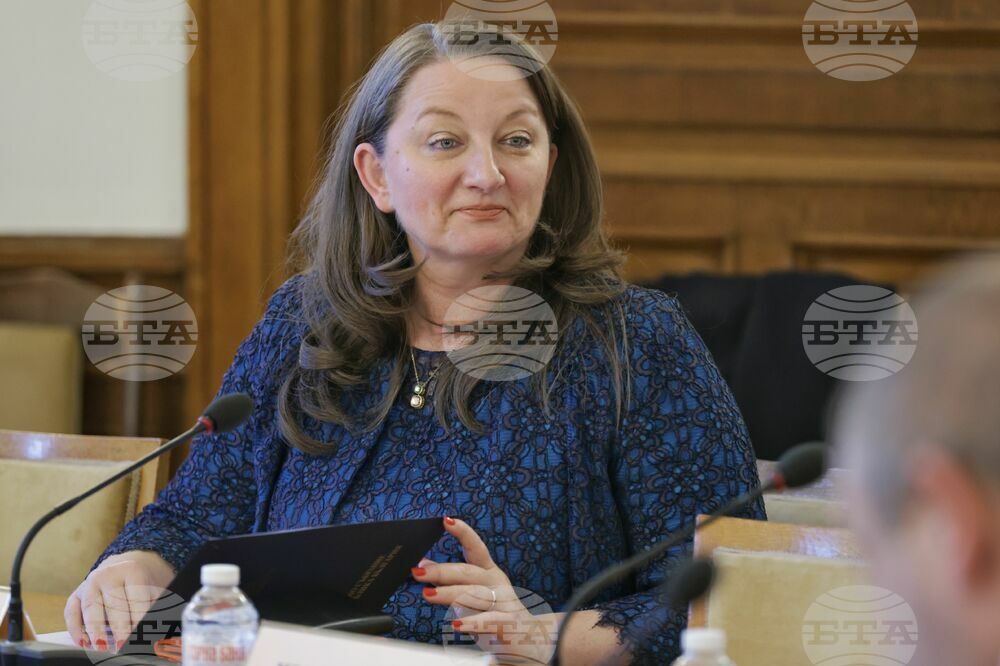site.btaGERB on Supermarket Boycott: PR Action Aimed at Drawing Politicians' Attention to Citizens' Problems


Commenting on Thursday's boycott of supermarket chains by consumers over high food prices, GERB leader Boyko Borissov said: "We are in favour of market economy, the market sets the prices, everyone has the right to do whatever boycotts they want." That is why the regulators are important, all this is their task, the GERB leader noted.
"This week and next week the rules for electing the regulators should be passed in Parliament and we should look for majorities. If they are not elected, we will wait for centenarians to rule the country," Borissov argued.
GERB-UDF Co-floor Leader Denitsa Sacheva, who also chairs the parliamentary Labour and Social Policy Committee, commented on bTV that the boycott is a PR action aimed at attracting politicians' attention to the solution of a problem that people share. "I support people's fair desire for prices that meet their incomes, but I do not think that a boycott and a price ceiling will achieve that effect," she added.
Asked whether the price rise was in line with reality, she said that according to the State Stock Exchange Commission's data, prices have been falling very slightly over the past week. "I don't know if this is a result of all the talk on this issue or if there are other factors, but it is certainly not the first time the issue of prices has come up," she added. According to Sacheva, the solution to the problem should be market-based, as GERB-UDF is a right-wing party. There are other parties that propose a price ceiling, which she thinks will lead to speculation and to some goods disappearing from the shops.
Sacheva also commented on the appointments to the regulatory bodies. A person should work with a clear mandate under clear rules in order to be able to take appropriate decisions, she argued. "The sooner we change the composition of the regulators and they are already in full composition and can work fully, the better for the expectations we have," commented Sacheva. The opposition does not want these regulators, but it obviously does not want new regulators, Sacheva commented on the criticism that the regulators are being filled in a hurry. She added that the ruling majority is a "fragile construction" which, in order to work, has to deliver a final result. "How can we provide an end result when all regulators are loose," Sacheva asked.
/IV/
news.modal.header
news.modal.text